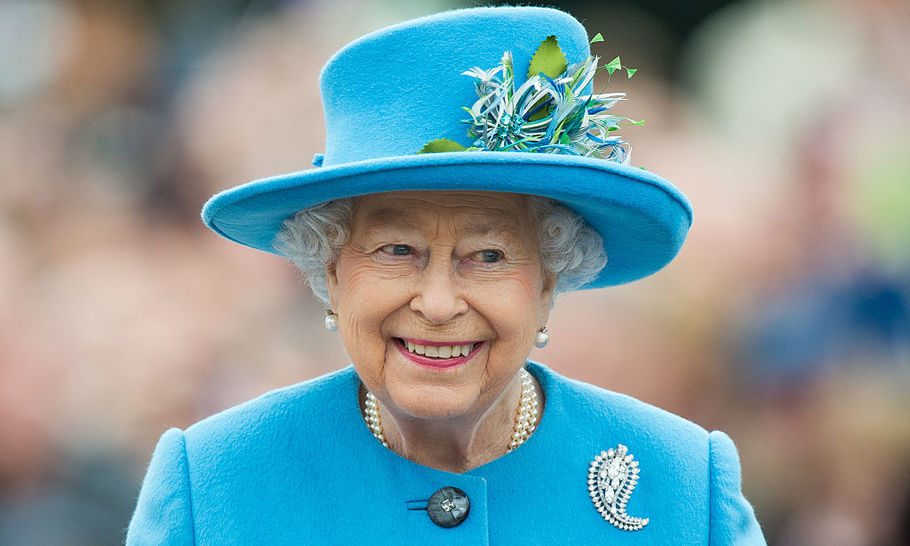Where do the Queen's words on Brexit leave us?

(Photo by Samir Hussein/WireImage)
The Queen’s address to the Women’s Institute at Sandringham has electrified the Brexit debate, with every faction laying claim to her support. She is by far the world’s most experienced head of state and we are very lucky to have her inexhaustible fund of common sense at our disposal. So it is important to analyse her words carefully and to reflect on what they might mean when applied to the divisions over Brexit.
“As we look for new answers in the modern age,” she began, “I for one prefer the tried and tested recipes.” This is the Queen’s small-c conservatism speaking, something she shares not only with her audience at the WI, but with the great British public. She is suspicious of radical breaks with tradition, especially if they threaten to break up the United Kingdom. Hence she was privately opposed to Scottish Independence and she is now, we may be sure, against any Brexit that divides Northern Ireland or treats the province as anything other than an integral part of the UK. In other words, no hard border with Ireland, but no backstop either, and certainly no border in the Irish Sea.
The Queen went on to advocate “speaking well of each other and respecting different points of view”. Here she is reprimanding those on both sides of the debate in this country, but also those on both sides of the Channel, who have descended into abusive or divisive language. The unpleasant scenes outside the Palace if Westminster, where politicians have been confronted by aggressive mobs while giving interviews or going about their business, spring to mind. She may also have recalled the incident when Jacob Rees-Mogg was confronted by hostile demonstrators outside his home, accompanied by his wife and children, who were also targeted.
“Respecting different points of view” may also, however, refer to the inability of the establishment even now to treat the convictions of ordinary people with respect. The campaign for a People’s Vote implies that if only the electorate had been properly informed, they would never have voted for Brexit. The Queen surely feels that, while she is hardly very ordinary, she has more in common with people like the ladies of the WI than most politicians. She has perforce become a good listener over more than nine decades, and she hears what people say. On Question Time last night the audience in Winchester were in a mutinous mood: they weren’t impressed by the politicians’ apparent inability, after more than two years, to do their jobs — in this case, to respect the result of the referendum. “We pay MPs £77,000 a year minimum,” one man expostulated. The MPs on the panel looked sheepish.
“Coming together to seek common ground,” the Queen continued, “and never losing sight of the bigger picture”. This phrase, “common ground”, has been seized on by those in Parliament who are seeking to wrest control from the Government and impose a compromise or perhaps a postponement. Some would dearly like to delay Brexit until the Greek calends — in other words, forever.
Yet the Queen’s reference to the “bigger picture” qualifies this “common ground”. I venture to suggest that, as monarch, she would prefer any compromise on Brexit to preserve as much British sovereignty as possible. She is, after all, the Sovereign. She is also the embodiment of our constitution and our historical memory. Our independence matters to her. Common ground in this context emphatically does not mean a fudge.
The Queen concludes on an unusually personal note. “To me, these approaches are timeless and I commend them to everyone.” No “Royal We” for her: this is the nation’s grandmother speaking to her people, reminding them and their masters of the wisdom of the ages. Her intervention is all the more powerful for being deliberately unpolitical. She is not advocating a particular solution, but “commending” a better “approach”.
So where does the Queen’s decision to have a word with us leave the politicians? Yesterday I suggested that statesmanship had been in short supply. The Queen evidently thinks along the same lines. She is old enough to remember Winston Churchill’s speeches in 1940. Her own adored father, George VI, had been a strong supporter of Neville Chamberlain’s policy of appeasement — the wrong kind of “common ground” — but in the hour of crisis the king gave Churchill’s more statesmanlike approach his support. We are not at war with our neighbours now, but neither are we on the best of terms. The British expect their leaders to stand up for their interests and not be bullied. We need to come together, yes, because if we let others divide us, they will treat us with contempt. The Queen’s message can be summed up in another “timeless” piece of wisdom: we should stand up for ourselves. Or as Shakespeare put it: “To thine own self be true.”





